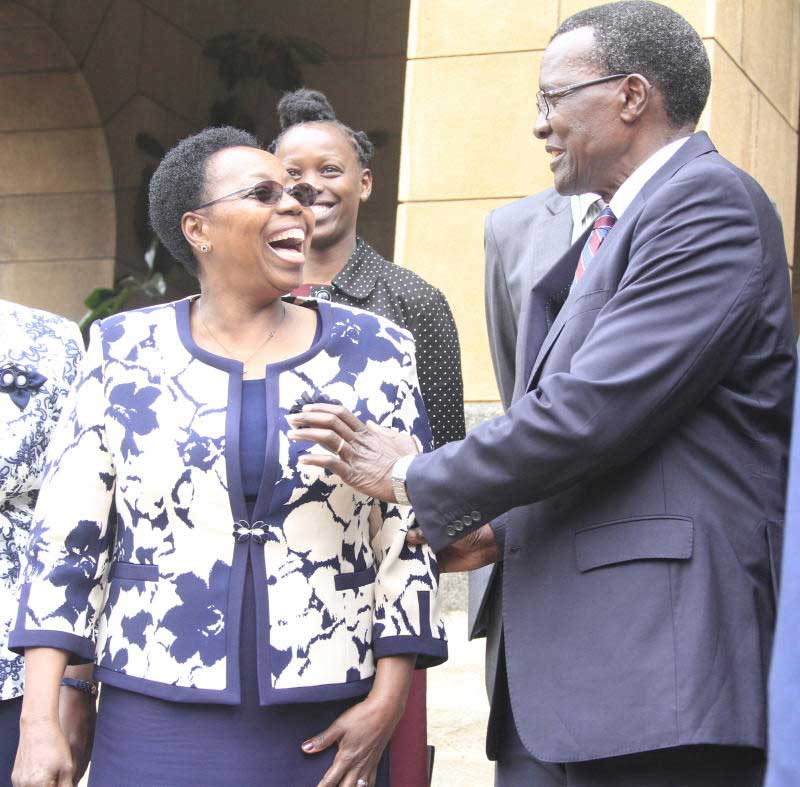×
The Standard e-Paper
Stay Informed, Even Offline

A silent stand-off between President Uhuru Kenyatta and Chief Justice David Maraga could have unwittingly set in motion the criminal prosecution of Deputy Chief Justice Philomena Mwilu.
Reports indicate there were concerns that a referral of Mwilu's case to the Judicial Service Commission (JSC) would have prompted the DCJ to excuse herself, occasioned a quorum hitch and effectively stalling any further proceedings against her in the JSC.